Final thoughts on the R21 DD FFB Wheelbase from the guys at Moza Racing. This is the third Wheelbase I have tested and reviewed. Out of the box, the R21 looks just like the R16 that I have. Which is no surprise seeing that they have the exact same dimensions. Externally, the only thing different between them is the different labeling. Fit and finish is good here and stays consistent with what I have found with the previous
Moza units tested. The R21 has 21Nm of peak torque. Which requires a more powerful power supply. The power supply shipping with the wheelbase is a 36 volt, 13.3amp unit. Verses the R16’s 36 volt 10amp power supply. Of course, the extra 5Nm of torque the R21 has requires more current for the motors consumption. During our look inside segment, we could see that there is a very different circuit board in the R21 than the R16 because of the extra power required. The most notable differences being the large heat sink attached to the power components. Still the same professional looking circuit board as found in other Moza wheelbases. A wheelbase that puts out this much torque needs to have a very solid mounting solution to realize its full potential. Here is where I would like to see Moza do something different. The R21 has the same mounting element that the R16 has. Four M6 mounting holes on the bottom of the motor casing. Which means it will need to be mounted to some kind of flat plate or wheel deck. At these levels of torque, I would rather see a way to mount the motor via a front mount solution. While the actual mounting point did not display any flex between the bottom of the wheelbase and the wheelbase deck I had it mounted to, there was some flex in the Sim Lab deck itself. While not the fault of wheelbase, having four mounting points on the bottom of a motor dictates the available options out there to getting it secured. I was using one of the stiffest deck style mounts that I am aware of, but the R21 is a bit too much for it, as seen in the flexing of the plate itself. I used the latest version of Moza’s Pit House Tuning software that has a couple of different sliders than previous versions. And I was finally able to get the notchy feeling the R16 and R9 had, dialed almost all the way out with the R21. Enough that I could not notice any of it driving. But still a very faint hint when trying to get it to happen and with the car moving slowly. One thing that did not work as I thought it should is the hands off auto damping feature. Which should stop the wheel from oscillating when you remove your hands from the wheel. I did manage to tone down the oscillations, but not by much. Something that needs to be fixed, no doubt. The rest of the driving experience with my settings was overall very positive. But still a small bit of unnatural feel to the larger hits on curbing and other circuit features. So, still no perfect.
MOZA R21 Wheelbase Review
June 1, 2022 12:46 pm
More videos
(Visited 2,508 times, 1 visits today)
Tags: assetto corsa, bodnar, computer racing, D-BOX, f1, fanatec, forza, gamer, gaming, gran turismo, Heusinkveld, HPP, IMSA, iracing, logitech, momo, motion simulator, nascar, oculus, online racing, PS4, racing, racing pedals, racing seat, racing simulator, racing wheel, RF2, rfactor, scca, shifter, Sim Lab, Sim Racing, sim racing cockpit, sim racing garage, simracing, simulation, simulator, simxperience, sparco, thrustmaster, triple monitor, vr, WEC, XBOX, Xero Play
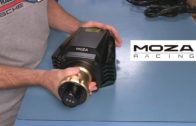
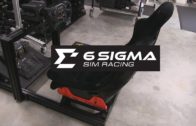
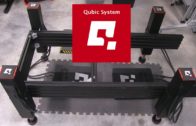
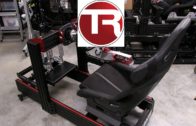
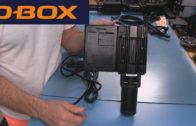
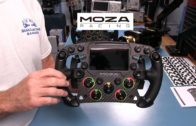

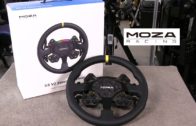
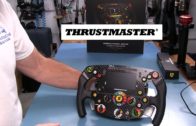
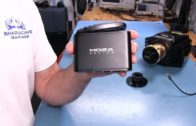

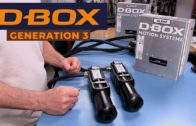
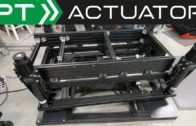
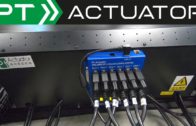
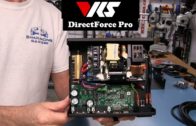

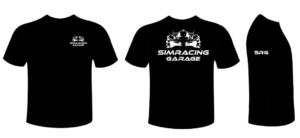
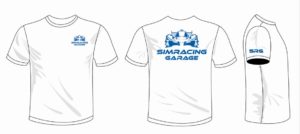
Leave a Reply
Be the First to Comment!
You must be logged in to post a comment.
You must be logged in to post a comment.